When most parents think of “secure attachment”, we focus on the connection between a parent (usually the mother) and a child.
We recently had a conversation with Dr. Dan Siegel, and the way he described attachment blew our minds.
He explained that, because humans have raised children in communities throughout history, attachment is more nuanced than just the mother-child bond.
When children have important connections outside the traditional ‘nuclear’ family— “it's called alloparenting,” Siegel says. “You have a few select attachment figures. It's true, but it's not just the mother.”
This new understanding of attachment might take some weight off your shoulders.
It means that you’re not solely responsible for your child's emotional well-being.
Other people in your child’s life can also play an important role. It takes a village – it's how we're designed.
The Power of Self-Understanding in Parenting
“The number one predictor of a child's well-being is a parent's self-understanding,” Dr. Siegel says.
But what does “self-understanding” really mean?
It's not just about knowing your triggers or childhood traumas (though that's part of it). It's also about understanding yourself as part of a larger whole.
The ‘Intra-connected' Self: A New Paradigm
Here's where things get even more interesting…
Dr. Siegel introduces the concept of the ‘intra-connected' self. It's not just about being interconnected with others, but realizing that the self extends beyond our individual bodies.
We are not saying that you don't have a body,” Dr. Siegel clarifies. “But when you widen your identity lens, you go, ‘Oh, I see I've got a body… and now I realize I'm also these people talking. I'm all human beings, not just ones that look like me or that I know directly or that believe the things I believe. I'm all of humanity and then I'm all of nature.'”
Expanding Your Identity: A Practice for Parents
This might sound abstract, but Dr. Siegel offers a simple exercise for thinking about our identity in a more expansive way:
- Extend your arm with your thumb up, and focus on your thumb (representing your individual self)
- Without moving your thumb, look past it to take in a broader view
This simple act mirrors the process of expanding your identity. It's not about negating your individual self, but recognizing that you're part of something larger.
When you start practicing this quick mindfulness exercise and you will see how this simple act can significantly shift your perspective.
The Benefits of an Expanded Self
When we parent from this expanded sense of self, you tap into what Dr. Siegel calls “self-expanding emotions” like gratitude, awe, and compassion.
Discipline becomes less about control and more about guiding your child to recognize their own connection to others and the world. This naturally leads kids to more empathetic, considerate behavior.
Dr. Siegel also emphasizes the importance of repair in relationships, but he takes it a step further:
The most fundamental repair is repairing our sense of being a separate self.
In other words, when we recognize our connection to a larger system–a community, a family, and our child–parenting can become easier and more joyful.
The Global Impact of ‘Intra-connected' Parenting
Dr. Siegel believes this shift in perspective could even solve many global issues.
“If we can start [being intra-connected] as a parent group on the planet, we are goning to make a different world,” he says.
By raising children who understand their connection to all of humanity and nature, we're cultivating a generation of problem-solvers and peacemakers.
I’d love to hear what you think about this concept. Are you as mind-blown as we were? Let me know in the comments.

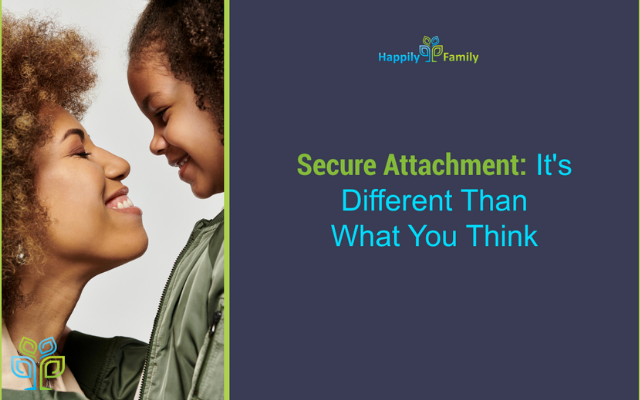



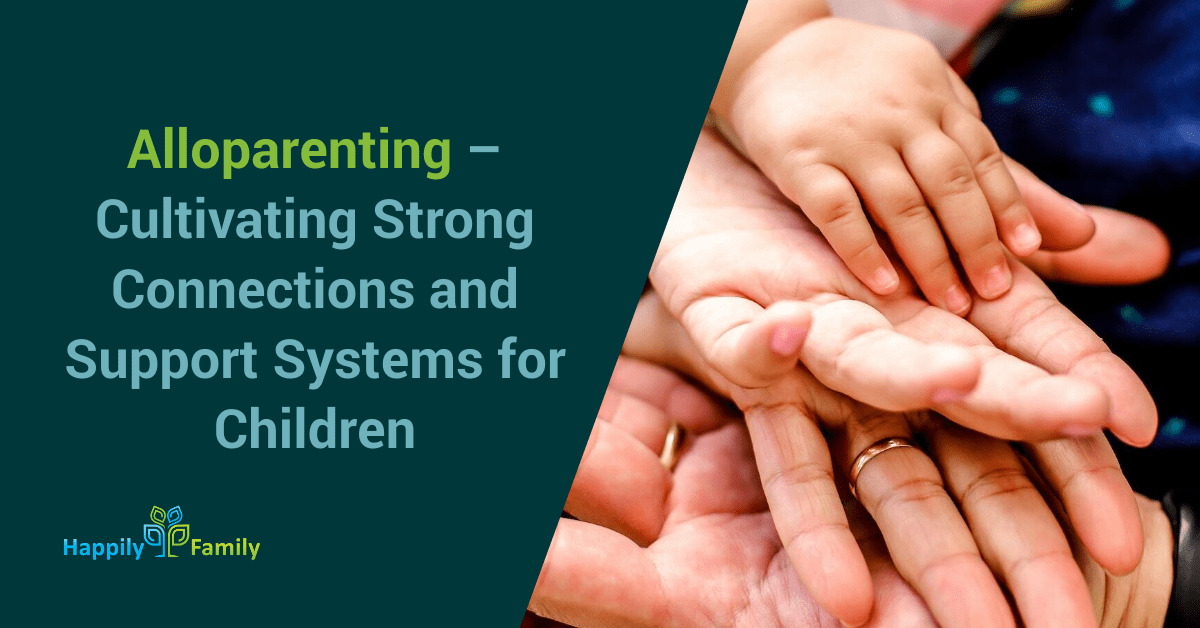
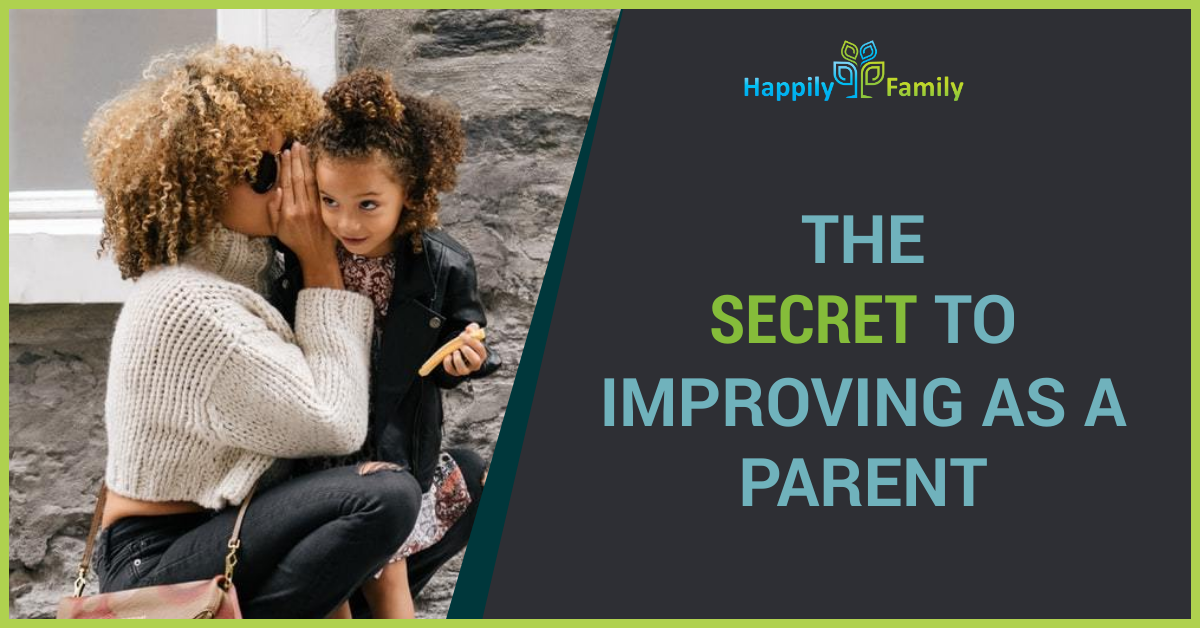
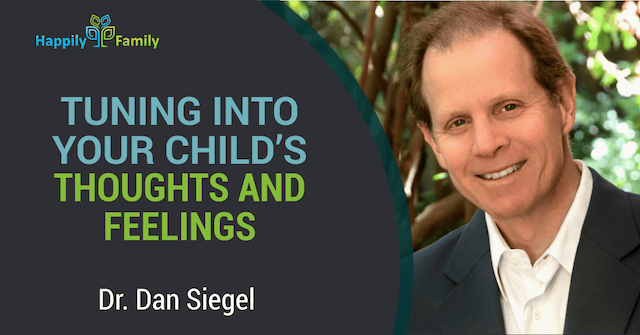
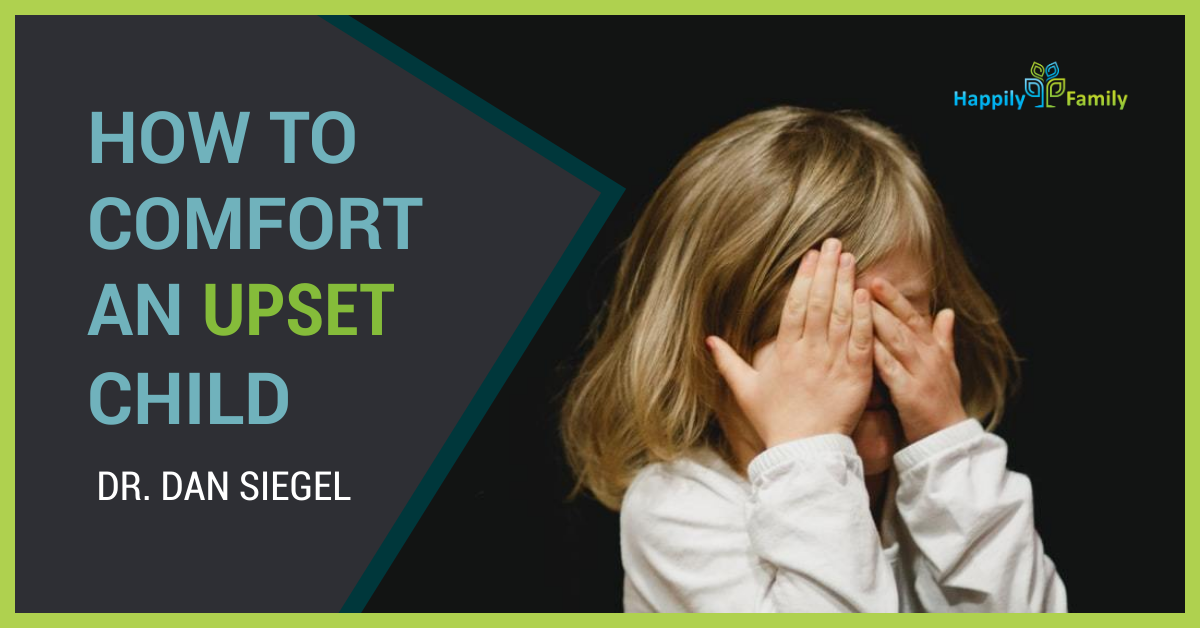
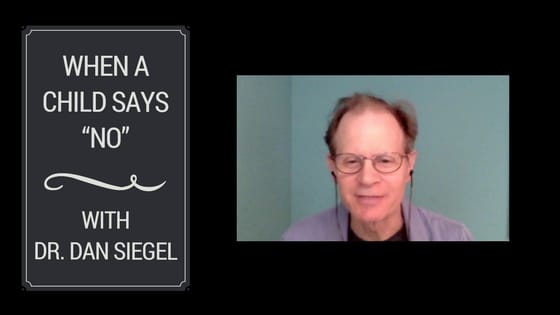
Dear Cecilia and Jason!
Thank you so much! I simply can’t find the right words to express how much I appreciate every single thought of this conversation.
You are doing such a great job to make this world a better place! I love you and Daniel Siegel, your advices and interviews always give the right answers at the right time when I’m feeling in need while raising our kids. his conversation is a very good example of this fact too, I feel it’s a synthezis of my parenthood journey, which gives a great sense of reassurance.
With kind regards,
Anikó
Glad you liked the conversation and felt reassurance from it, Aniko!